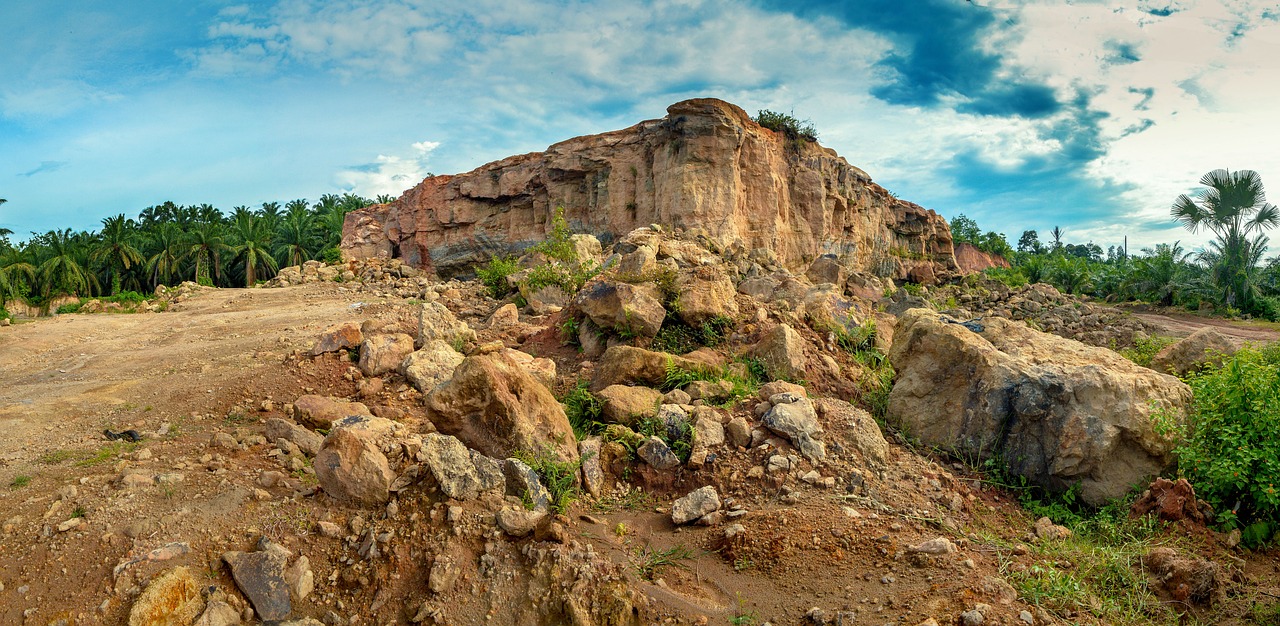
How to Get a Job as a Geotechnical Engineer in the Oil Industry
A specialization of civil engineering, geotechnical engineering is a science that deals with the investigating and understanding of what is underneath the ground, a skillset of particular importance to companies that are buying & selling mineral rights. The other work that geotechnical engineering does is try to discover the impact that the geological formation will have on any construction project. The way that they will figure out exactly that is by use of advanced knowledge and mathematical process to examine a particular area, what formation makes up the earth beneath, around the residential, industrial buildings and commercials building.
After attaining the skills needed through studying geometric engineering, you can put your skillset to use drilling oil wells. You can also use your qualifications to for storage facilities, facilities that can transport petroleum products, examine the flow of water underneath, and construction products.
Credentials required for you to pursue a geometric engineering career.
- Many employers prefer employees to have a geometric engineering degree.
- Degree field in civil engineering.
- The license of being professional engineering will be required too.
- The key skills needed will include math skills, ability to operate tools like scales, levels and distance meter, writing skills, ability to use software like Trimble and geometrics.
Attaining the geometric engineering license
In all states, before you start a career in geometric engineering, you have to get a civil engineering license. While the licensing requirements vary from state to state, the typical requirements are that you complete the accredited engineering program, have four years of experience, and that you pass the state exam. After completion of the degree, for the graduates, they can take the first part of the state licensing exam. Those that are going to pass will be referred to as engineers in training.
For the engineers in training after you have completed your four-year work experience, then you will be allowed to take the second licensing exam. If you are successful enough and you get to complete the principle and practice exam that’s when you will become a professional engineer. For some states, even after completing the PEs there is the continuing education such as completing college-level coursework or publishing the research papers.
The work of a geometric engineering
All construction work will take place on or in the ground, so it’s easy the role that geotechnical engineering will play in all the civil engineering projects. Even before you think about starting any construction work. The vital thing that you have to do is site investigation. The failure to carrying out the site investigation might not lead to negative consequence it might lead to even loss of life.
During any public or private development, the geometric engineer will guard all the earth physical environment. They have the skills needed in being able to investigate a site and determine the future and present stability that it has. If any project was to take place, then it will mean that it will involve so many changes. Due to the skills that they have in civil engineering and design, it will enable them to safely investigate the sites and give the constructor the way forward about the whole project.


